
Meat Processing




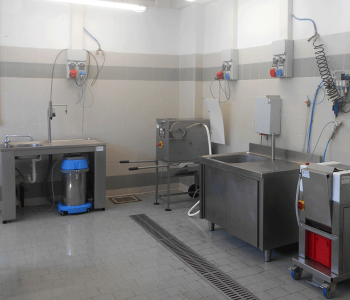
Fish processing




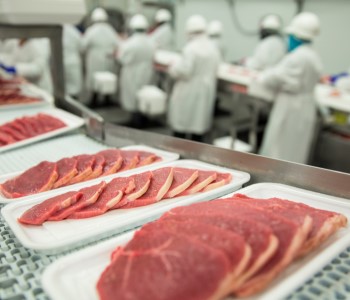
Retail Processing




For a company it is important not to be a cause of the worsening climate and environmental degradation, together with the unconditional and irresponsible exploitation of the planet's resources. All growth strategies must be rethought as a function of the pollution that alters and destroys the biological ecosystems that are the source of life on Earth.
A fundamental role in this challenge is reserved to the generation and use of energy. To convert fossil fuels in solar and wind, by promoting the production and supply of alternative fuels that are sustainable, such as hydrogen, methane, both in the form of CNG (natural gas) and in the innovative form of LNG (natural gas liquid) to produce electricity, heat and cooling, it will mean the almost complete reduction of greenhouse gases and fine particles that constitute 80% of the air pollution.
Also finance, and not only industry, will also have to make a massive contribution to the pursuit of eco-sustainability objectives, because it is quite clear that industrial reconversions for de-pollution objectives are inevitable and it would be suicidal not to take into account that implementing them would create strong economic growth and a rebalancing of sustainable productivity in general.
Never has an investment been valued as profitable as this one that today the world ecosystem asks us for the preservation of biodiversity and eco-sustainability. This represents a duty as well as a necessity.
Therefore finance assumes an ethical and strategic role to protect biodiversity: investing in environmentally friendly technologies; the introduction of cleaner, cheaper, healthier and combined forms of public and private transport; fully decarbonising the energy sector;
It is necessary to build new infrastructure networks for electricity, natural gas (liquefied natural gas (LNG)) and compressed natural gas (CNG) and, if applicable, the hydrogen, now fully manageable in both production and use. LNG (Liquid Natural Gas) is an attractive alternative fuel to enable ships and aircraft to significantly reduce the sulphur content in emissions.
Corporate Ecological Breakthrough
Since the 2000s, during the reconstruction of cold storage rooms at low temperature, the company has addressed the issue of energy saving by adopting the choice to increase the thickness and the specific weight of thermal insulation by 40%.
This solution is still valid nowadays since it reduces approximately 35% of the energy consumption.
In 2006, through a substantial financial commitment, electric and water defrosting were abolished thanks to the installation of digital systems that use the hot process gas.
These investments still allow to save about 1000 Kw per day. These are significant data that allow to avoid a production of 352 kg of CO2 that on an annual basis becomes 135.000 kg.
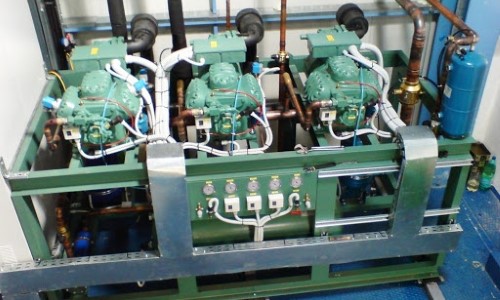
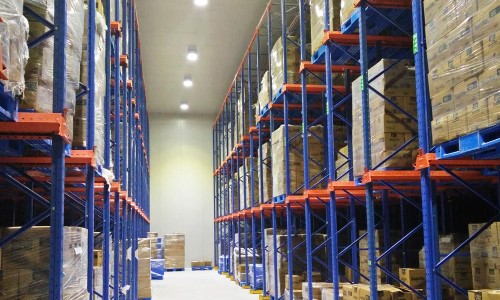
SUSTAINABLE TRANSPORT SINCE 2014
The company employs its own fleet of vehicles for the mobility of goods, using CNG methane. The objective was to achieve the eco-sustainability of transports through the realization of the total decarbonization of traditional energy sources. For many years now, the company Melius Catering S.p.A. does not use diesel vehicles for its deliveries.
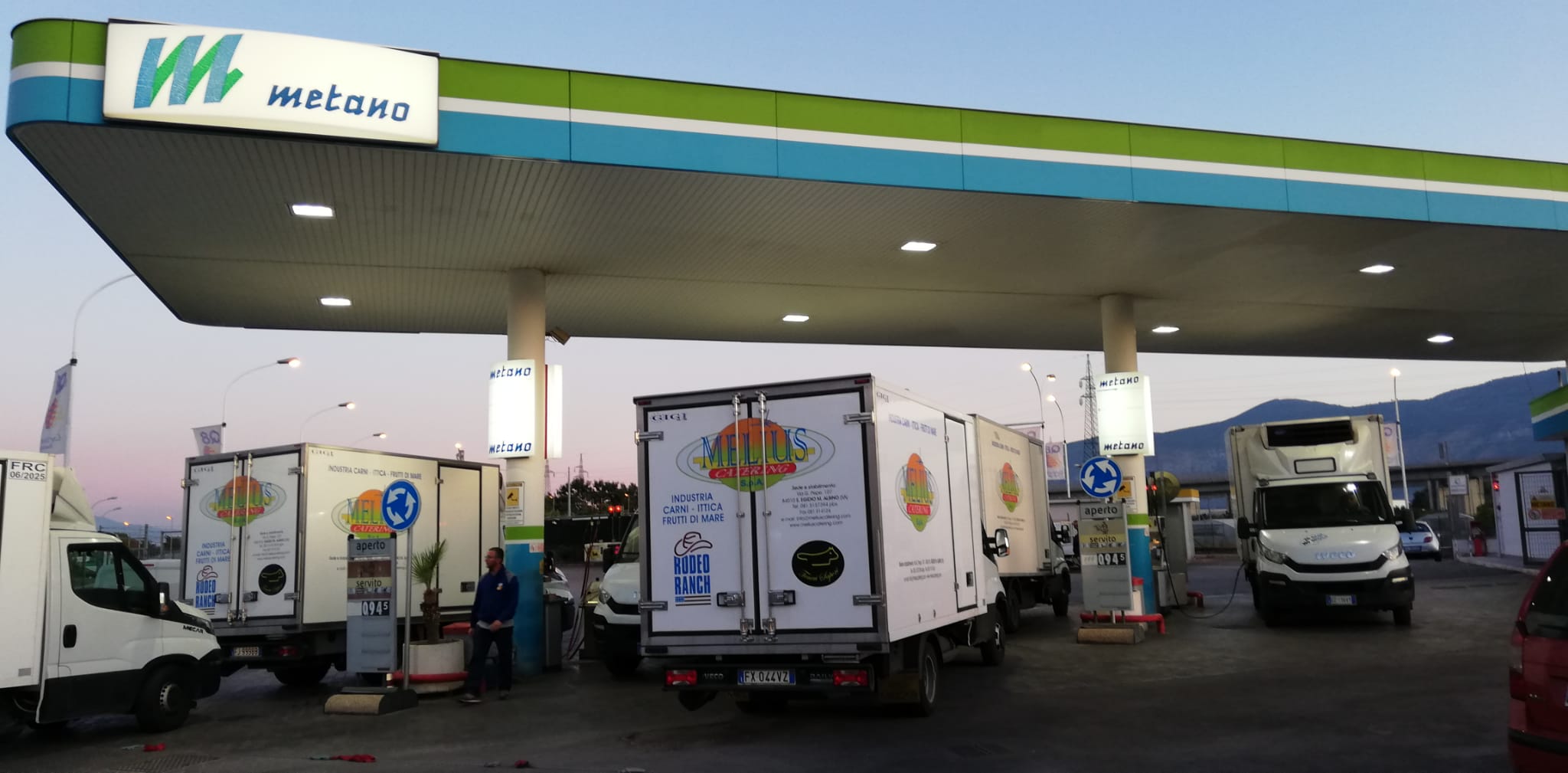
COMPANY TRIGENERATION
ENERGY SAVING AND DE-POLLUTION
The concept behind trigeneration involves the combined production of electricity, heat and refrigeration.
In the industrial processes of Melius Catering S.p.A. uses electricity, heat and refrigeration. For about twelve hours, the energy efficiency of the structure is implemented with methane trigenerative system. Translated in terms of eco-sustainability this means that an alternative decarbonised propellant is used. In addition to producing electrical and thermal energy, the company produces refrigeration energy with an absorption system powered by the exhaust gases of the cogenerator. Further more, in order to not pollute, the trigenerative system allows to produce with one part of propellant three parts of energy.
The large supported investments have generated not only the considerable reduction of polluting sources, but also significant cost savings which once reinvested have produced an economic expansion and sustainable development.
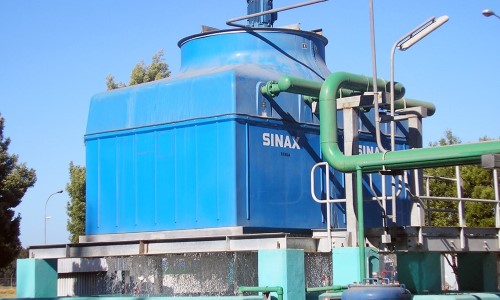
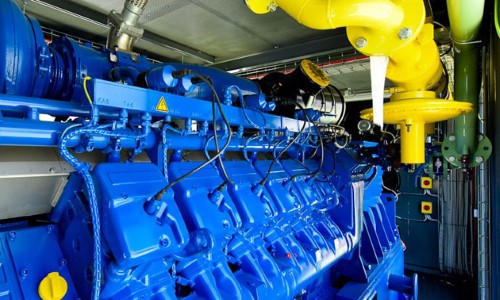
Designed by CST Informatica























